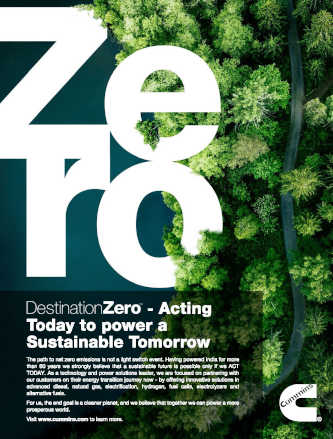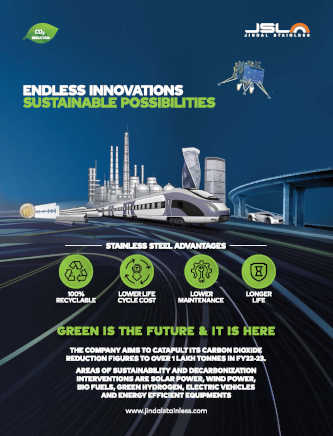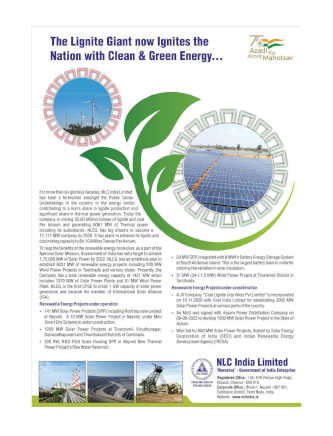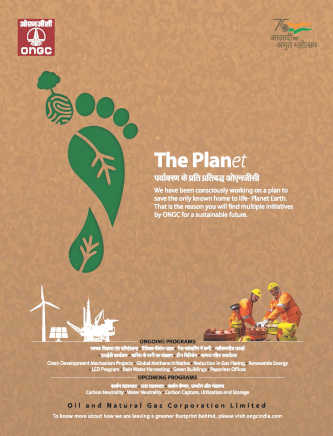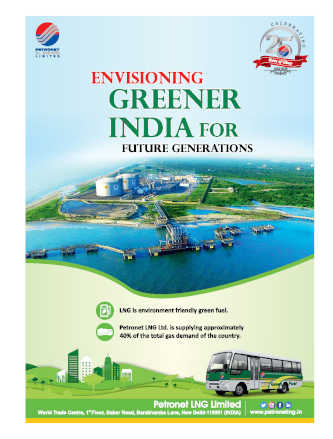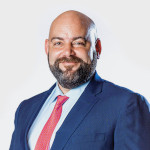
Degradation of the world’s land due to human activities is estimated to already have negative impacts on 3.2 billion people worldwide with the numbers expected to rise with climate change in the years to come. Degraded land loses its ability to support plant and animal life and offer ecosystem services such as water management and carbon storage. Desertification, a specific kind of land degradation of dry-lands, is estimated to affect more than 2.7 billion people. Dry-lands cover about 41 per cent of the earth’s surface, and 90 per cent of it are in developing countries. Additionally, by 2025, 1.8 billion people will experience water scarcity and two-thirds of the world will be water-stressed. Combating desertification and drought is as crucial as mitigating impacts of climate change, as its effects on entire economies will be significant. This is not merely an ecological issue but has major socio-economic consequences such as shrinking food and water supplies, job losses, forced migration and even violent conflicts. In India, 96.4 million hectares of land – or about 30 per cent of the country’s total area – is degraded or undergoing rapid degradation. Desertification and land degradation threaten agriculture productivity, this is significant in a country that is home to 18 per cent of the world’s population and bears a quarter of the global burden of hunger. The stakes are high for a country like India and immediate steps need to be taken to reverse desertification and achieve land degradation neutrality. The United Nations Convention to Combat Desertification (UNCCD), established in 1994, is the only legally-binding international agreement that connects the development to sustainable land management, specifically in dry-lands which are home to the world’s most vulnerable ecosystems and people. The UNCCD COP14 was held in New Delhi this year and India is set to make an effective contribution as it takes over the core presidency over the next two years. Recognising that “restoring the health of the land is critical for sustainable development,” Prime Minister Narendra Modi at the UNCCD COP14 declared India’s raised ambition to restore 26 million hectares of degraded land by 2030. Additionally, the prime minister highlighted the importance of addressing water scarcity and drought when discussing land degradation. Business leaders are becoming increasingly conscious of the challenges posed by climate change, population growth and degradation of land and recognise the risks of inaction. “For businesses, combating land degradation is an absolute necessity, primarily to ensure environmental sustainability, retain groundwater in our aquifers and preserve our precious biodiversity, but also to secure our natural resources and ensure business sustainability. Businesses should look at ways to prioritise land use, using only degraded land wherever possible for non-agricultural activities and utilise resources sensibly and sustainably,” said Nadir Godrej, managing director, Godrej Industries and chairman, Godrej Agrovet at the High-Level Segment at UNCCD COP14. The World Business Council for Sustainable Development (WBCSD) is a partner organisation to UNCCD and brings the voice of business in the global discourse of desertification and land degradation. WBCSD has been associated with UNCCD and its biennial COPs since 2013 (2013-Windhoek, 2015-Ankara, 2017-Ordos, 2018) and this year, organised a dedicated Business Day at the UNCCD COP14 in New Delhi. At the UNCCD COP 14, 25 businesses came together for the Business Day on Soil, Land and Agriculture on 7 September, led by WBCSD (and organised in partnership with the Global Environment Facility and sponsored by Nutrien and Syngenta) and committed to action towards sustainable land-use practices and achieve land degradation neutrality. “Land restoration is very good business, investing in land is one of the cheapest solutions to combating climate change and investing in land restoration and degraded land will be extremely important for businesses and for business continuity,” added Ibrahim Thiaw, executive secretary, UNCCD at WBSCD’s Business Day. As a direct result of the multi-stakeholder consultation process on the Business Day, WBCSD released the UNCCD Delhi Declaration from Business which highlights business action for land degradation neutrality and drought resilience. Businesses recognised their critical role in creating sustainable food and land-use systems and committed to action towards a land-degradation neutral world, prioritising solutions for sustainable land management and soil health, value chain and landscape-based approaches, climate and water-smart solutions in support of strengthening the resilience of communities and improving livelihoods through robust business decision-making. Some examples of business solutions and approaches adopted by WBCSD members in India to address land degradation: UPL’s Zeba: A super-absorbent chemical which when applied during planting improves the water retention capacity of soil. This reduces the overall water requirement of the crop during its growing period, ensures nutrients are retained in the soil leading to improved yields and quality of produce. Jain Irrigation’s micro-irrigation solutions: The solutions which combine with solar-powered pumping mechanisms, avoids field flooding that leads to top-soil erosion and land degradation. The company has pioneered the use of micro-irrigation and precision agriculture practice on rice farming, which has a significant potential for carbon-emission reduction in a country that accounts for 21 per cent of the rice produced globally. ITC’s Agroforestry Solutions: A mixed-farming model where pulpwood forest species are grown together with agricultural crops in tracts of land that are degraded and unsuitable for cultivation. This allows for rural communities to turn their underperforming land into productive land, while providing them with an alternative source of income by supplying raw materials to paper mills. Regenerative agriculture practices including zero tillage, furrow irrigation, trash mulching, are practised extensively and promoted by several companies in India including itc, Olam, and Bayer. These practices enrich the soil, improves its carbon capturing and water retention capacity, preventing erosion and degradation. The declaration also highlights the importance of collaboration between all stakeholders, including business, governments and society in line with the UN Sustainable Development Goals. “To achieve change at scale, we call on all businesses and wider organisations to support this statement and these priorities while striving for solutions towards land degradation neutral world with a new deal for nature. We also call on governments to act to create an enabling environment in which to shift policy so business can maximize its contribution,” said Tony Siantonas, WBCSD’s director of Climate Smart Agriculture and Sustainable Landscapes. Businesses at the event also called upon the government in supporting market-based conservation approaches and solutions and to engage with the private sector on land management policies and sustainable land-use practices. The world needs to build a future that reverses desertification, land degradation and drought to ensure the success and health of societies. Land restoration and adopting sustainable land-use practices by businesses will ensure business continuity and resilience in the years to come.



